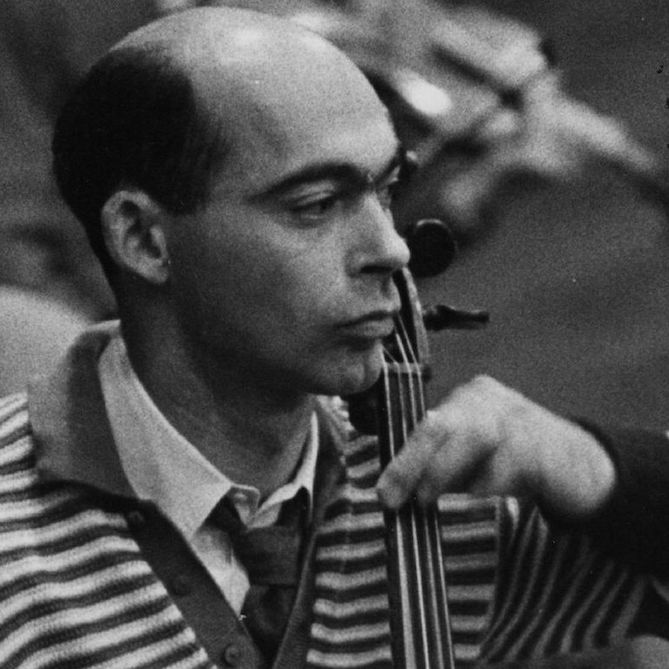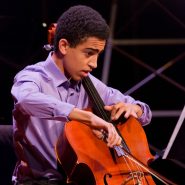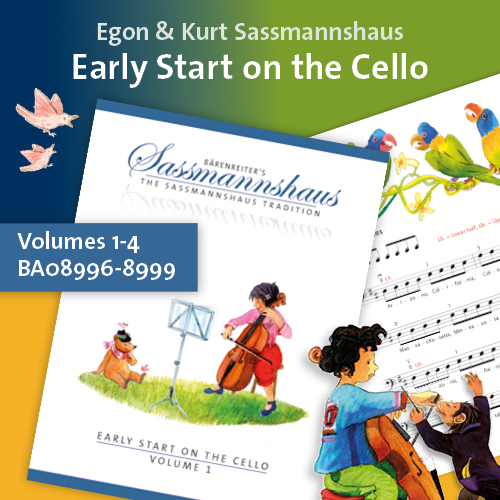Tag: Accomplishment
By Blogmaster August 1, 2013
By Lev Mamuya April 8, 2012
Subjects Competition, Pre-College
Tags Accomplishment, Auditions, cello, cellobello, Competition, ego, improvement, knowledge, Lev, Mamuya, master classes, motivation, music, organization, performance, Practice, pressure, success
By Robert Battey February 3, 2012
Subjects Practicing
Tags Accomplishment, Battey, cello, cellobello, character, Coordination, Development, dynamics, Effective, ensemble, harmony, Janos, Listening, music, perfection, Rhythm, sight-reading, Starker, success, Technique



